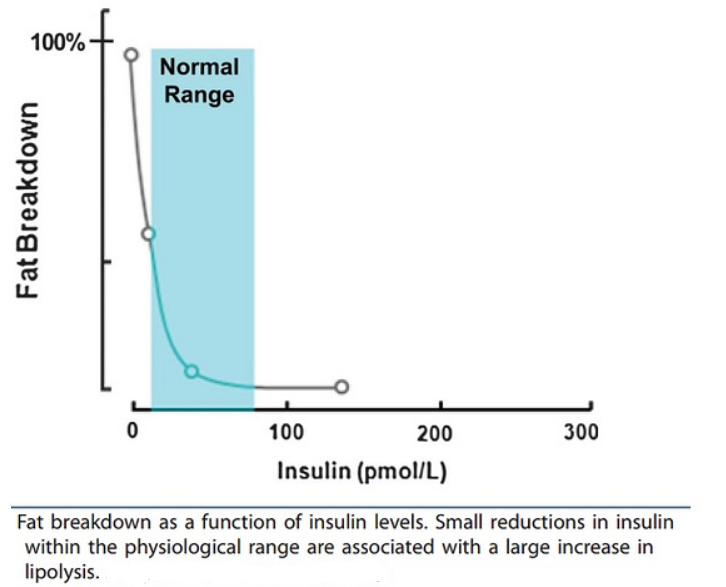My understanding is that yes, everyone can. But the adaptations that need to take place at the cellular level take time. If you can find it, there is a post somewhere by Dr. Phinney (on Virta Health, I thought, but I haven’t been able to find it), in which he explains the chemicals involved.
The general experience is that we get into ketosis pretty quickly, within a couple of days, but that fat-adaptation, or keto-adaptation, takes six to eight weeks and sometimes even longer. But it’s not an on-off type thing, it’s gradual, and in some people it takes longer, so don’t give up hope. There is no real way to measure fat-adaptation, though one of the signs can be that the blood glucose rises somewhat after a time, even though HbA1C has dropped and stays low. This is called “adaptative glucose-sparing” or “physiological insulin-resistance” and it is a sign that the muscle cells have switched to burning fatty acids and are refusing to take in glucose (and ketones, as well), so as to spare it (and the ketones) for those cells that absolutely have to have it.
But otherwise, the main sign of fat-adaptation is a sensation of well-being and abundant energy, as well as a sense of mental alertness. Athletes generally find that their performance drops off when they start eating keto, and they know they are fat-adapted when their performance returns to its previous level.
Bear in mind as well, that weight loss on keto is different for women, and that your monthly cycle is playing a role here. Many women have posted that it took them quite some time to get to the point where the weight started to drop, which is another reason to be patient. And may you be spared the irregular cycling that some women experience at first! Obviously I have no first-hand experience, but many women apparently need some time to get their hormones sorted out at first, before everything settles down.
All this is to say, patience, grasshopper! All will (eventually) be well. Here is some virtual 
 to encourage you.
to encourage you.



 haha
haha For sure - it makes a huge difference. In the end, it’s mostly a psychological thing for most of us. Heh, easy for me to say that…
For sure - it makes a huge difference. In the end, it’s mostly a psychological thing for most of us. Heh, easy for me to say that…
